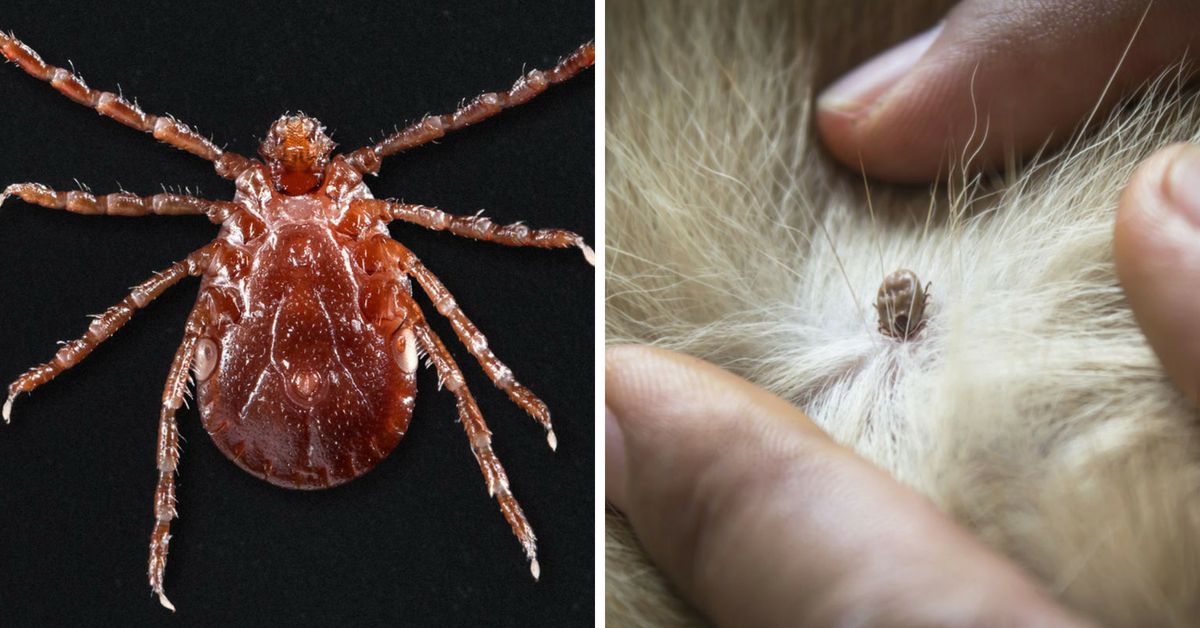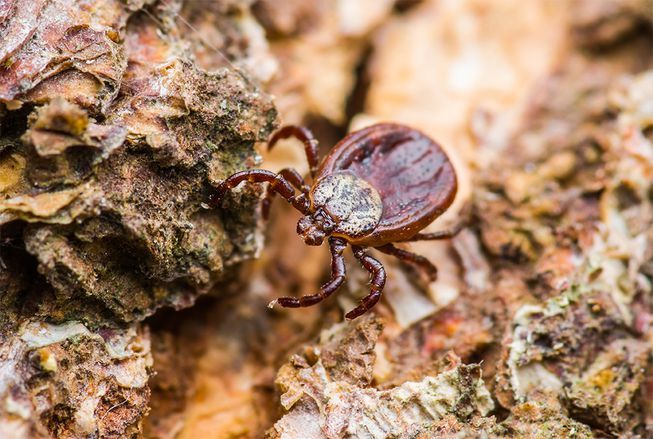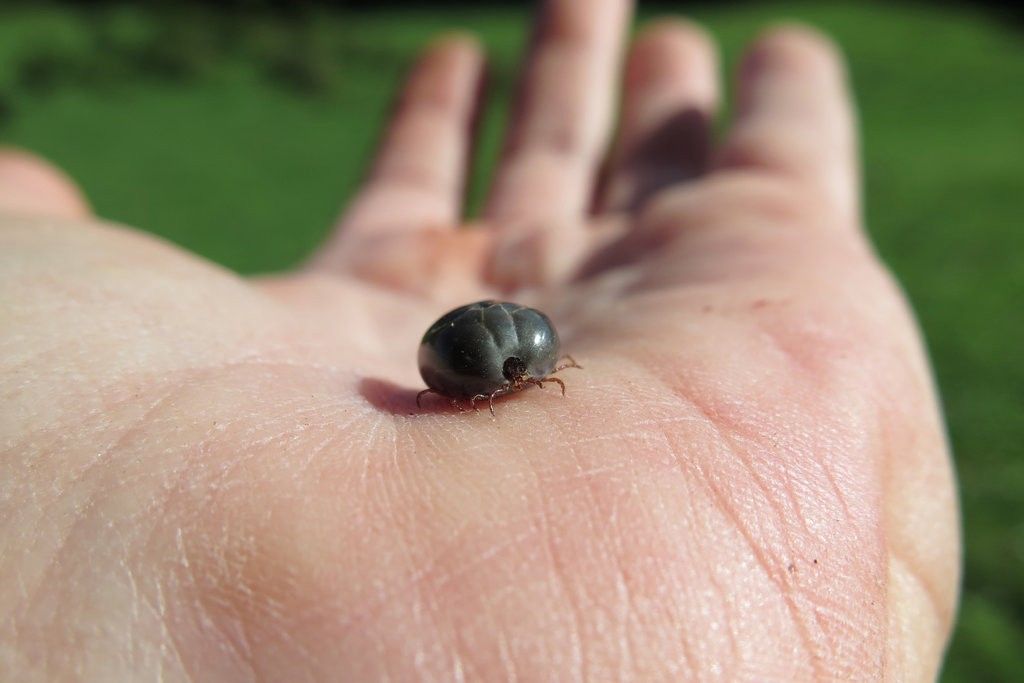This summer, it seems like all we ever hear about are bugs, especially ticks.
The reason for this is because ticks survive best in high humidity climates, and with the hot weather we're having this summer, it's not surprising that there's been an uptick in cases.
A 2008 study by the National Reference Laboratory for Tick-borne Diseases found that higher global temperatures can spread tick populations around the world.
Currently, there's an estimated 850 species of ticks worldwide, and about 90 can be found in the U.S.
Tick-borne illnesses like Lyme disease and Rocky Mountain spotted fever are already cause for concern, but now public health experts are warning about a new tick species that we should be on the lookout for.
The Bad News
The Asian long-horned tick, also known as Haemaphysalis longicornis, was first identified in the U.S. last year, but is starting to spread across the East Coast.
The tick was first found on sheep in New Jersey, but has now been reported to be in the suburbs of New York, Virginia, West Virginia, Arkansas, North Carolina and Pennsylvania.
No one knows exactly how they got here, but scientists speculate they entered the country while attached to a large animal.
According to the New York Times, it has been 50 years since a new tick species has arrived in the U.S.
"The discovery of the longhorn tick [here] is another reminder of the importance of tick prevention," Dr. Rachel Levine, secretary of health for Pennsylvania's Department of Health, said in a statement.
You can purchase pet-safe tick repellent right here. (Full disclosure we might make a little bit if you choose to buy it.)
The scary part about these ticks is that the females can reproduce by themselves. Each one is able to lay approximately 2,000 eggs.
So far these ticks have wreaked havoc in livestock, sucking so much of the animals' blood that it can cause severe cases of anemia, and sometimes death.
But that doesn't mean long-horned ticks can't feed on humans or domestic animals.
The Good News
So far, these long-horned ticks that have made their way across the world have not yet been found with any human diseases.
That being said, the long-horned tick has transmitted bacterial infections, such as babesiosis and rickettsiosis, in other countries.
The best way you can protect yourself from these ticks is taking the same precautions as you would would with other tick species.
For example, wearing baggy and long-sleeved clothing, applying insect repellent, and mowing your grass will decrease your chance of getting a nasty bite.
Also, make sure to always check your pets and yourself for ticks after a walk in the wilderness.
Have you been bitten by a tick before? Share this article to spread awareness!
For more tick-related articles, click below:
1. 7 Natural Ways To Keep Ticks Out Of Your Yard This Summer
2. A Woman's Dog Got 85 Ticks After 1 Walk In The Park, Then Her Home Became Infested
3. Ticks Are Now Spreading A Disease More Serious Than Lyme
[H/T: NY Times / Live Science]




